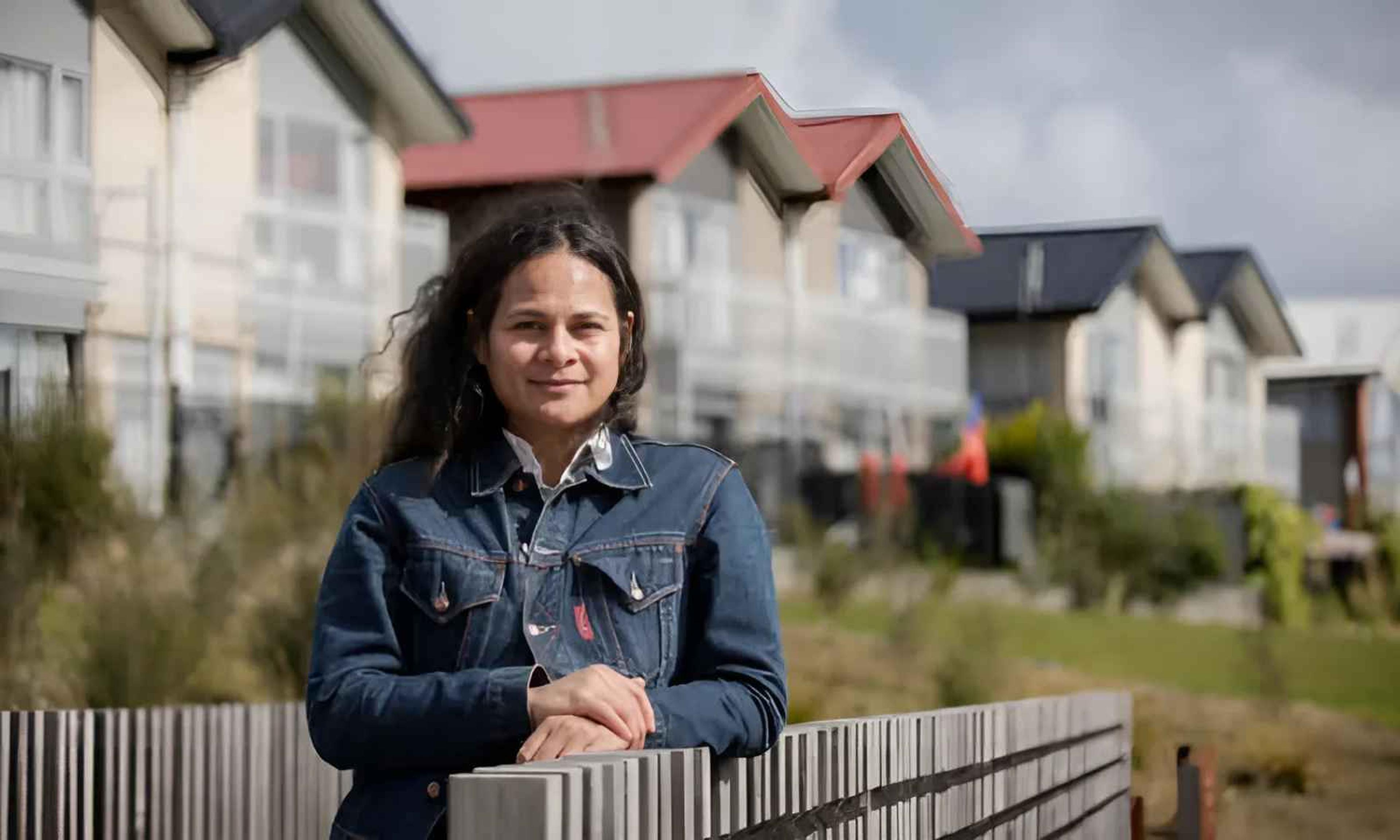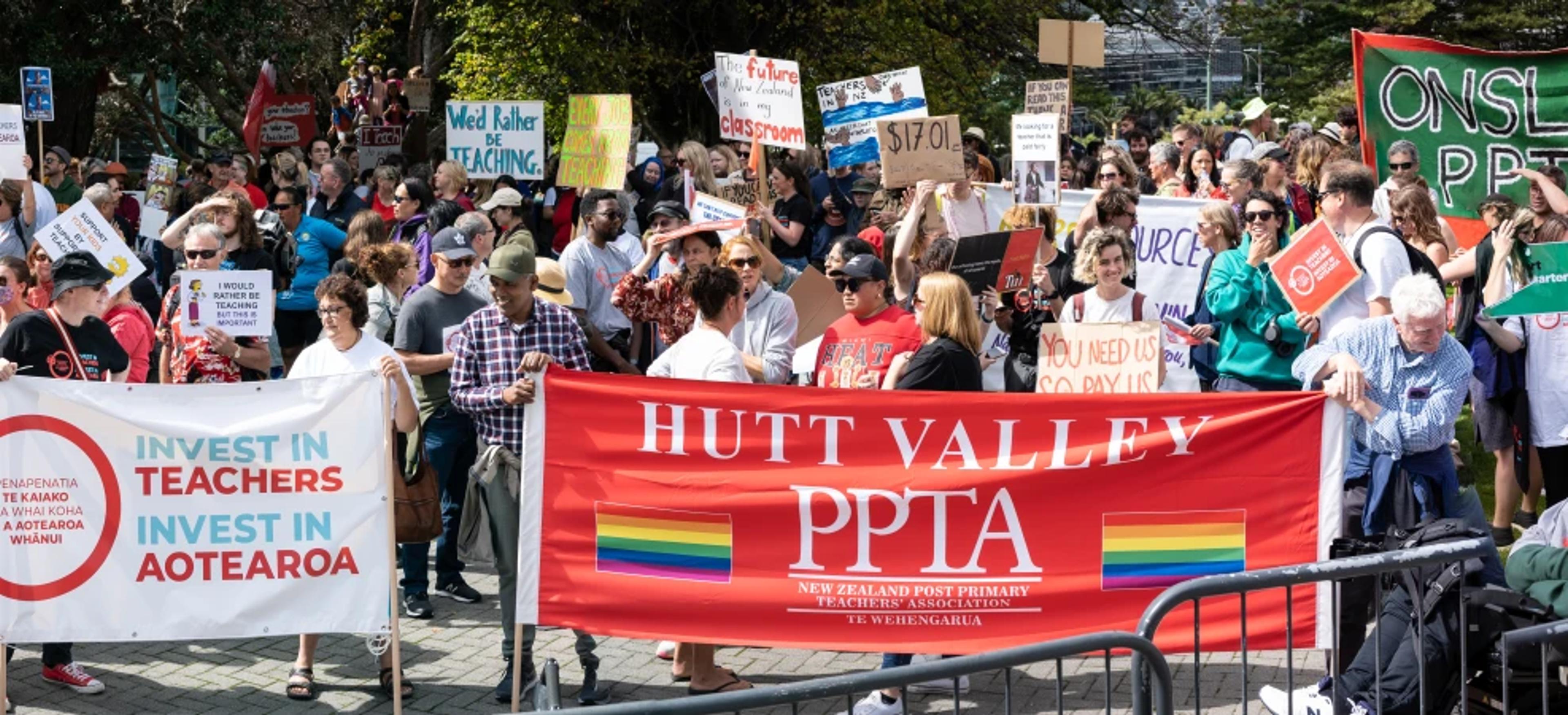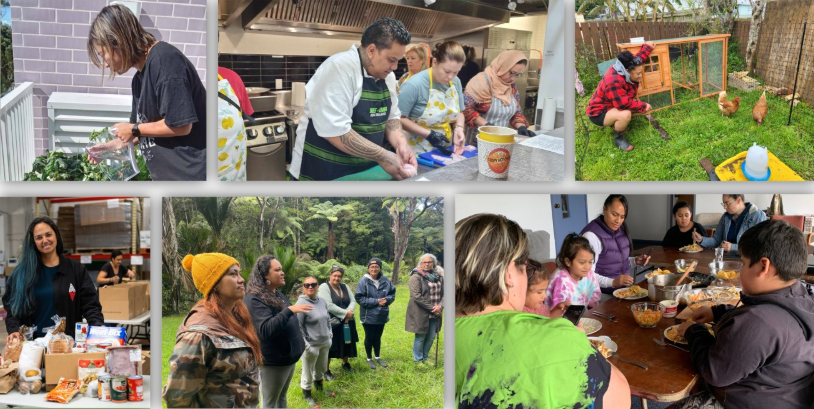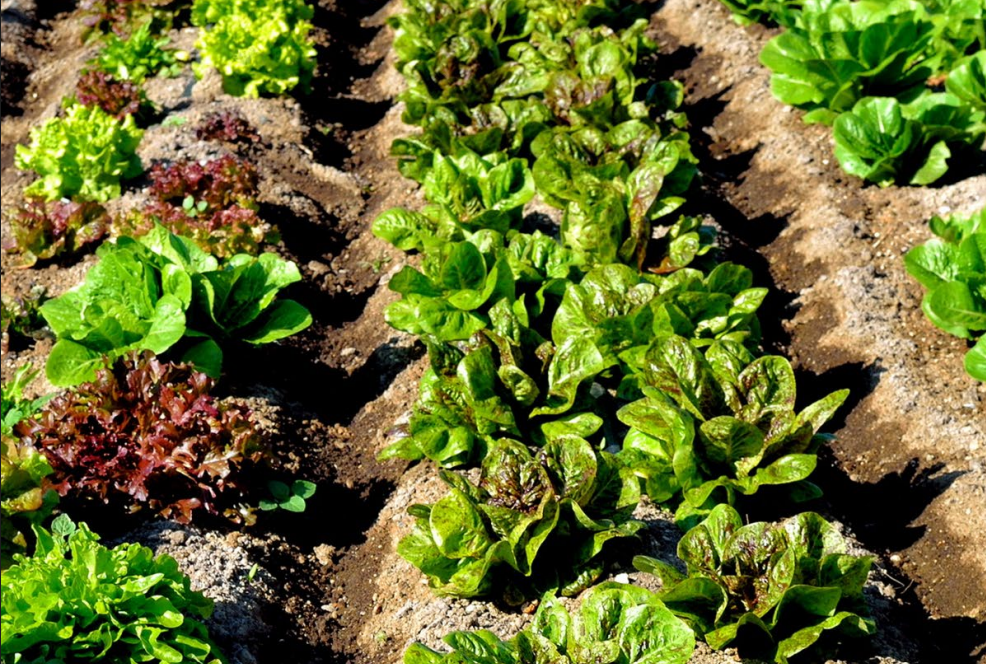

Community gardens provide a shared space to grow kai and reconnect with the land.
Photo/Auckland Council
Advocates push for new community gardens in South Auckland amid food insecurity crisis
With one in two Pasifika children lacking daily nutrients, advocates say collective gardening can reduce costs, strengthen resilience, and support families struggling with the rising cost of living.



Teachers strike for fair pay and support amid education reforms

Tonga ends dengue outbreak as Sāmoa faces surge in cases

Sāmoa 2025 general elections: A key vote for FAST, HRPP and the rise of Fiamē's SUP


Pacific families risk being left out of housing reforms - academic

Teachers strike for fair pay and support amid education reforms

Tonga ends dengue outbreak as Sāmoa faces surge in cases

Sāmoa 2025 general elections: A key vote for FAST, HRPP and the rise of Fiamē's SUP
A South Auckland local government official is calling for more community gardens to tackle food poverty.
Auckland Council’s Community Innovation team supports 104 community gardens and other projects aimed at helping residents grow their own food and build a resilient, low-carbon food system.
Apulu Reece Autagavaia, the Ōtara-Papatoetoe Local Board Chair, says community gardens can help bridge the gap for families struggling with the rising cost of living.
“The cost of living is a lot more expensive, and if we have community gardens that try and fill that gap about providing fresh, healthy, nutritious and possibly free kai for our families, that’s all for the better,” Apulu says.
He is urging local groups to step forward with proposals, saying the local board is ready to work with the community.
“If any other groups have an idea of starting a community garden in one of our reserves and it’s a good location, then start talking to us and let’s get the process going.”
The need for change
Data from the Auckland City Mission shows that one in four children in the city is food insecure, with even higher rates among Māori and Pasifika children - one in three Māori children and one in two Pasifika children do not get the nutrients they need daily.
Tara Moala, who leads the Mission’s Food Security team, says that while more than 2000 food parcels are distributed each month, those alone cannot meet the growing demand.
“Food banks are an emergency response,” she says. “If we want lasting change, we need to enable communities to feed themselves.”
More than just teaching gardens
In Papatoetoe, four teaching gardens operated by the Auckland Teaching Gardens Trust provide residents with plots of land and hands-on guidance in growing their own food.
Apulu says they are valuable, but believes more is needed. “We want more than just the four teaching gardens. We also want to see community gardens where they have a much broader focus about alleviating food poverty in our area.”

Community gardens across Auckland are helping families access fresh, healthy kai and build local food resilience. Photo/Auckland Council
Community gardens differ from teaching gardens in that they focus on a shared purpose, allowing members to grow food collectively and distribute it directly to those in need.
The Ōtara-Papatoetoe Local Board also supports Maara Kai initiatives, such as those run by the Community Builders Trust, which grows crops to distribute for free within the community.
One example is the Ōtara Maara Kai, a shared garden open to all and managed by local kaitiaki. Instead of individual plots, it provides a collective space for growing kai and reconnecting with the land.
Harvests support multiple initiatives, including the Ōtara Kai Village, where food is distributed through a social kai store, served in free community meals at the OKV Café, and shared with the wider community.

Fresh crops harvested from the garden are shared through local initiatives, including the Ōtara Kai Village social kai store and community meals. Photo/Auckland Council
Potential new sites
One possible location for a new community garden is at Pearl Baker Reserve in East Tāmaki.
“There’s a back part of that reserve that could be a good location for a community garden,” Apulu says. “Ngāti Ōtara Marae and others have shown interest in running that type of community garden at that location.”
The local board has requested that council staff identify more spaces suitable for both teaching and community gardens in South Auckland.
The wider movement
Auckland Council’s Community Innovation team works with local boards, churches, and community groups to create a resilient, low-carbon food system.
Manager Sunita Kashyap says these projects address both climate change and inequality. “We face a significant inequity challenge,” she says. “Growing and sharing kai is a way for people to lead climate and wellbeing action from the ground up.”
Current initiatives include:
104 community gardens across Auckland, with 44 located on council land.
The Tumoana Dive Programme, where rangatahi learn to dive and fish for kaimoana while developing leadership skills.
The Fonua mahu mei Langi Tongan gardening project, teaching families to grow and share vegetables through a train-the-trainer model.
Council’s response
Dickie Humphries, Auckland Council’s Head of Community Impact, says “Kai resilience is about prioritising low-carbon, resilient, local food systems that provide all Aucklanders with access to fresh and healthy food.”

Ōtara-Papatoetoe Local Board Chair Apulu Reece Autagavaia says community gardens can help ease food hardship for families. Photo/PMN News Mary Afemata
He added that while interest in food growing is strong, competition for land and funding remain key challenges, with only two new community gardens approved on council land in the past two years. Auckland Council allocated $1.6 million to kai resilience initiatives in the 2024/2025 financial year, but funding beyond 2026 has not yet been confirmed.
Apulu says the urgency is clear. “If we can provide fresh, healthy kai for families at little or no cost, it’s a win for everyone, and the sooner we start, the better.”
LDR is local body journalism co-funded by RNZ and NZ On Air.
